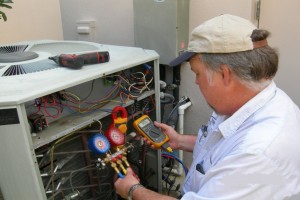Description
Date
1st Batch: 6th – 8th Mar, 2025
2nd Batch: 29th – 31st May, 2025
3rd Batch: 21st – 23rd Aug, 2025
4th Batch: 27th – 29th Nov, 2025
Event Details
- Key principles in project management for electrical projects including basics, front end loading, scope definition, brown-field vs. green-field, engineering deliverables, roles and responsibilities,
- project planning, risk analysis and management, cost estimating, and procurement, construction, contractor and supplier management
- Electrical distribution systems including background, planning, voltage selection, and system protection
- How to select, maintain and control DC and AC motors
- The characteristics, properties, insulation, shielding, jacketing, short circuit capabilities, and references of wires and cables
- Transformers which include operation, models, types, components, turns and voltage ratios, connections, losses, efficiency, ratings, application, selection, and safety
- Medium and low voltage switchgear and motor control centers including specifications, maintenance, and distribution
- Topics in faults and circuit protection including sensing devices, fuses, direct tripping devices, protective relaying, relaying schemes, major equipment protection, and system relay coordination
- Distribution, construction, fuses, circuit breakers, disconnects, grounding, types, and ratings of switchboards and panels
- The systems and requirements of uninterruptible power supply (UPS) and emergency power in addition to an overview of generator set, ATSs, and batteries
- Fault protection, system grounding philosophy, ungrounded systems, grounded systems, bonding, ignition sources, bonding techniques, separately derived systems, performance, and substation grounding
- About North American and International classifications of hazardous areas in addition to NEC and IEC comparisons, extension of zones, equipment certification, and equipment protection methods
COURSE CONTENT
- Electrical project management
- Standards and recommended practices
- Distribution systems
- Motors
- Wire and cable
- Transformers
- Switchgear
- Motor control centers
- Switchboards and panels
- Electrical faults (short circuits) and circuit protection
- UPS and emergency power
- Electrical system ground and bonding
- Hazardous area classification
FOR WHOM:
Works, Services and Maintenance Personnel
TRAINING METHODOLOGY
The training methodology combines lectures, discussions, group exercises and illustrations. Participants will gain both theoretical and practical knowledge of the topics. The emphasis is on the practical application of the topics and as a result participant will go back to the workplace with both the ability and the confidence to apply the techniques learned to their duties.





